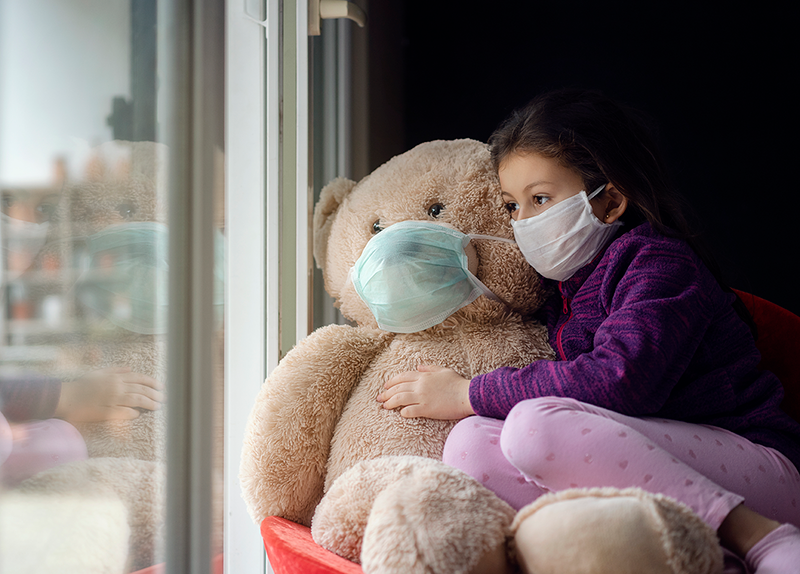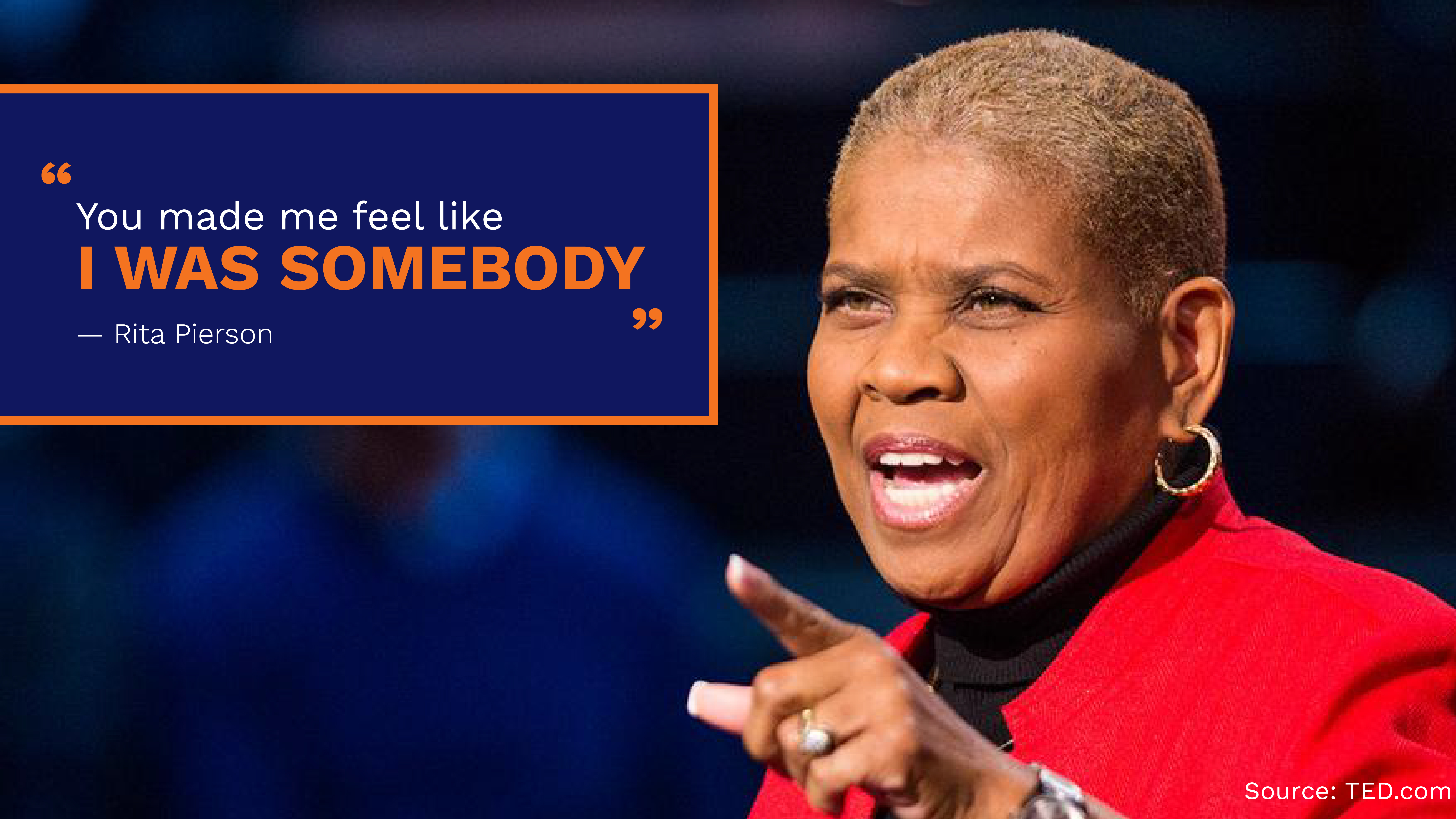This policy is in compliance with the provisions set out in the Act Respecting the Distribution of Financial Products and Services (Quebec) pertaining to complaint examination and dispute resolution.
1. Purpose of the policy
1.1 The purpose of this policy is to set up a free and fair procedure for examining all complaints received by us (the “firm”). It is intended, in particular, to govern the receipt of complaints, the delivery of the acknowledgement of receipt to the complainant, the creation of the complaint file, the transfer of the file to the Autorité des marchés financiers (the “AMF”) and the compilation of complaints for the purpose of preparing and filing a semi-annual report with the AMF.
2. Person in charge
2.1 The person in charge of the application of the policy for the Province of Quebec is Rachelle Langford.
2.2 As the person in charge of the application of the policy for Quebec, this person shall also act as the representative with respect to the AMF. She shall train the personnel and, in particular, provide the personnel with the necessary information for compliance with this policy.
2.3 As well, the person in charge shall have the following duties:
(a) send an acknowledgement of receipt;
(b) send the file to the AMF, at the complainant’s request;
(c) keep a complaint register up to date;
(d) file a semi-annual report with the AMF.
3. Complaint
3.1 For the purposes of the policy, a complaint is the expression of at least one of the following three elements:
(a) a reproach against the firm, one of its brokers or one of its employees;
(b) the identification of real or potential harm to a consumer;
(c) a request for remedial action.
3.2 Any first consumer communication or informal step aimed at correcting a particular problem is not a complaint, insofar as the problem is dealt with by one of the firm’s operational divisions.
4. Receipt of the complaint
4.1 A consumer who wishes to file a complaint must do so in writing to the following email address resolution_canada@msh-intl-com.
4.2 A broker or an employee who receives a complaint shall immediately forward it to his immediate supervisor or to the person in charge of the application of this policy.
4.3 The person in charge shall acknowledge receipt of the complaint within 5 business days. The acknowledgement of receipt shall contain the following information:
(a) a copy of this policy;
(b) a description of the complaint;
(c) the name and contact information of the person in charge of examining the complaint;
(d) in the case of an incomplete complaint, a notice requesting additional information to which the complainant must respond within five business days, failing which the complaint will be considered to have been abandoned;
(e) a notice informing the complainant of his right to request, upon the expiry of the period of 15 business days set for obtaining all necessary information, but no later than one year following the answer to the complaint, the transfer of his file to the AMF if he is dissatisfied with the outcome of the examination of his complaint or the examination itself. The notice shall also indicate that the AMF may offer mediation if the parties agree;
(f) a notice reminding the complainant that mediation is an amicable settlement process in which a third party intercedes with the parties to assist them in reaching a satisfactory agreement.
5. Creation of the complaint file
5.1 A separate file shall be created for each complaint.
5.2 The file shall contain the following:
(a) the complainant’s written complaint, including one of three elements of a complaint (reproach against the firm, its broker or employee; real or potential harm; and remedial action request);
(b) the outcome of the complaint examination process (analysis and supporting documents);
(c) a copy of the firm’s final written answer, containing reasons for the answer, as sent to the complainant.
6. Complaint examination
6.1 Upon receipt of a complaint, the person identified under paragraph 4.2, his superior and the person in charge of complaints shall conduct an investigation.
6.2 The complaint shall be examined within 15 business days following receipt of all required information.
6.3 After the investigation, the person in charge shall send the complainant a final answer in writing, containing reasons for the decision.
7. Transfer of the file to the AMF
7.1 If the complainant is not satisfied with the result of the examination of his complaint or with the examination itself, he may ask the firm to transfer his file to the AMF.
7.2 The complainant may exercise this right only upon the expiry of the maximum time limit of 15 business days allowed for obtaining a final answer, but without exceeding a period of one year following this answer.
7.3 The file transferred to the AMF shall include all the documents regarding the complaint.
8. Creating and updating a register
8.1 A complaint register shall be established by the firm for purposes of the application of the policy. The person in charge shall be responsible for keeping the register up to date.
8.2 Any complaint that falls within the definition found in section 3 shall be recorded in the register.
9. Semi-annual report
No later than one month after December 31 and June 30 of each year, the person in charge shall file a report with the AMF indicating the number and nature of complaints received in the last six months, according to categories set forth in the register.
10. Notice to brokers and other employees of the firm
The person in charge shall ensure that brokers and other employees of the firm are made aware and have a copy of this policy.
11. Effective date
This policy is effective as of September 22, 2020.

















